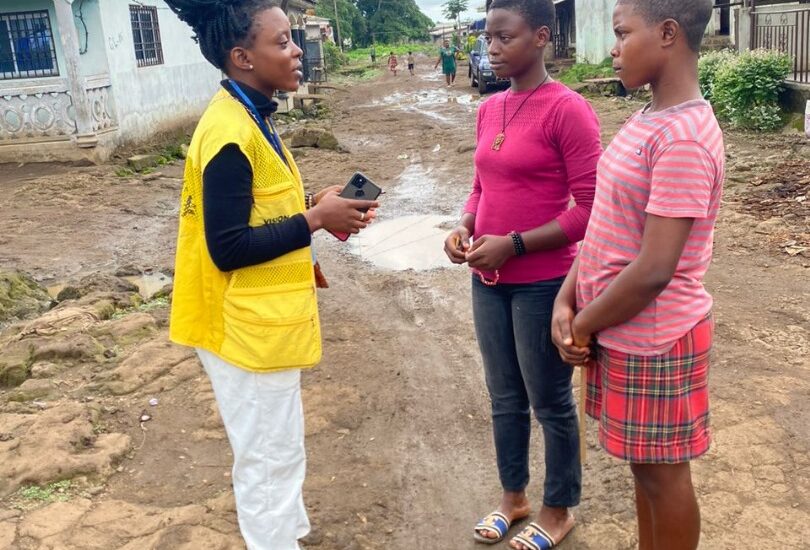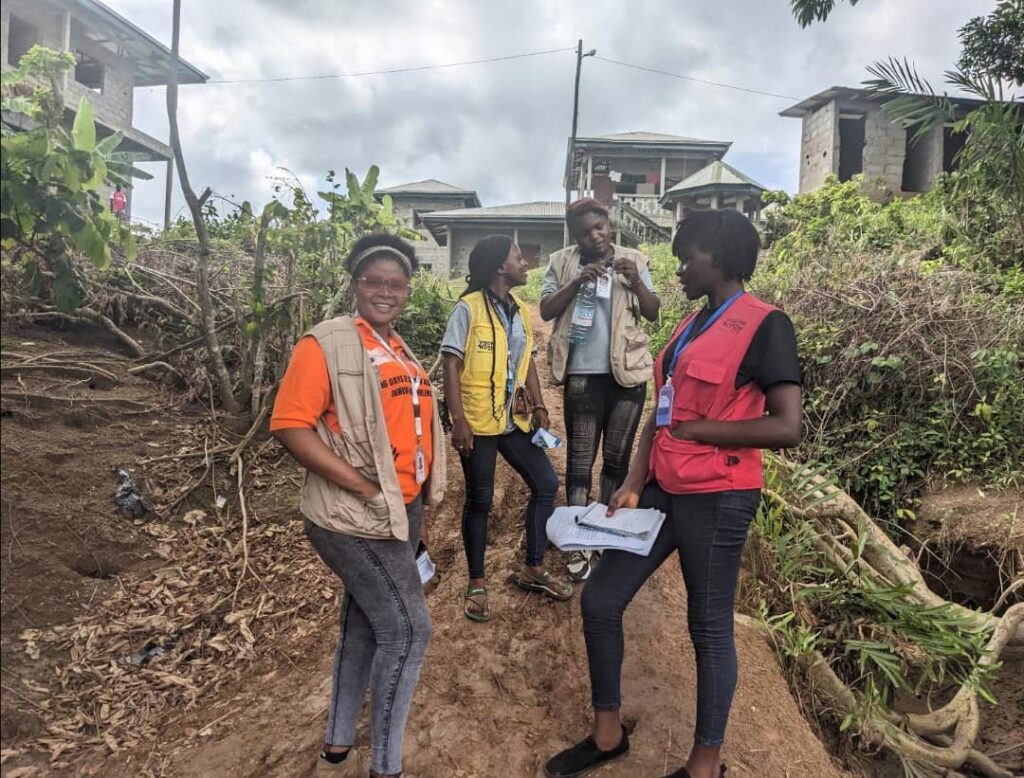- August 9, 2024
- Posted by: Viacame Communication
- Categories: Advocacy, community development, Research

Ongoing research is critical to understanding the evolving needs and preferences of the community regarding contraception and reproductive health. By conducting regular studies and monitoring trends in contraceptive use, abortion practices, and attitudes towards reproductive health, we can identify emerging issues and areas for intervention. This data should be used to inform and refine strategies and programs to meet the community’s needs better.
Introduction
The reproductive health of adolescents and young people in rural communities of the South West Region of Cameroon is critical, especially concerning contraceptive use and abortion practices. Despite efforts to improve access to modern contraceptives and safe abortion services, significant challenges persist, including cultural stigmas, misinformation, and limited access to youth-friendly healthcare services. This study aims to explore the knowledge, attitudes, and practices related to both contraception and abortion among adolescents and young people, seeking to identify the key factors influencing these behaviours and the implications for public health.
Back ground
Adolescents and young people in developing countries, including Cameroon, often receive insufficient research attention despite their significant population. Modern contraceptive methods are crucial for improving reproductive health and preventing unintended pregnancies, yet challenges in accessing these methods contribute to high rates of unwanted pregnancies and unsafe abortions. In Cameroon, sexual activity and premarital cohabitation have increased, leading to a rise in unplanned premarital pregnancies due to difficulties in accessing contraceptives, lack of knowledge, and low perceived pregnancy risk.
Societal norms disapprove of childbirth outside of wedlock, often resulting in unsafe abortions. Although national policies like the National Strategic Plan for Reproductive Health prioritize young people’s sexual and reproductive health and rights (SRHR), issues persist, especially in the South West region. Adolescents in rural areas face significant sexual and reproductive health challenges due to limited education, healthcare access, and cultural barriers. This study aimed to assess their knowledge, attitudes, and practices regarding contraceptive methods and identify factors influencing their use, providing baseline indicators for future reproductive health programs.
Objectives
- Assess the level of knowledge about contraceptives among adolescents and young persons in rural communities.
- Evaluate the attitudes towards contraceptive use within this population.
- Examine the practices related to contraceptive use and identify barriers to effective use.
- To develop recommendations for improving contraceptive services among adolescents and young persons in rural communities
Methodology
This study employed a cross-sectional descriptive design, focusing on eleven communities within the Buea, Limbe, and Tiko health districts. A total of 2,018 participants, ranging in age from 11 to 80 years, were surveyed using a standardized questionnaire available in both English and French. The questionnaire covered topics related to contraceptive use, abortion, and related reproductive health issues. Participants were selected using consecutive sampling and a multi-stage sampling technique. Data collection occurred between March and May 2024, and the data were analysed using SPSS version 25, with results presented in frequencies and percentages
Results
The study found substantial gaps in both contraceptive knowledge and abortion practices. While 80.6% of participants recognized contraception as a method to prevent pregnancy, 15.1% lacked basic understanding of contraception. Attitudes toward contraception varied, with nearly half of the respondents (48.8%) supporting the availability of contraceptives to unmarried individuals. However, misconceptions were prevalent, particularly regarding the link between contraceptive use and sexual promiscuity, which 23.4% of participants endorsed.
Regarding abortion, the study revealed that knowledge and attitudes were even more divided and influenced by strong cultural and religious beliefs. Only a small percentage of participants reported having adequate knowledge about safe abortion practices. A significant portion of the population held negative views on abortion, reflecting deep-seated cultural and religious opposition. Additionally, the fear of social stigma and legal repercussions significantly deterred individuals from seeking safe abortion services.
conclusion
The study underscores the urgent need for improved education and access to both contraceptive methods and safe abortion services in the rural communities of the South West Region of Cameroon. Addressing cultural and religious barriers, improving comprehensive sexuality education, and ensuring the availability of youth-friendly reproductive health services are essential steps toward fostering informed and positive attitudes. Enhancing knowledge and access in these areas could significantly improve reproductive health outcomes for adolescents and young people in these communities. To improve contraceptive use, access to safe abortion services, and overall reproductive health in the community, the study suggests several key recommendations
Recommendation
- Launch educational campaigns to provide accurate information on contraceptive methods and address misconceptions.
- Make contraceptives widely available and affordable, especially in underserved areas.
- Implement youth-friendly programs offering confidential access to contraceptives and education tailored to adolescents.
- Involve the community and religious leaders in discussions to reduce stigma and misinformation.
- Use culturally sensitive approaches in reproductive health education while providing essential information.
- Advocate for policy changes to improve safe and legal abortion access.
- Train healthcare providers to offer non-judgmental care and implement initiatives to reduce abortion-related stigma.
- Develop programs for immediate medical support in case of complications from unsafe abortions.

Keywords: Contraception, Abortion, Sexual and Reproductive Health, Adolescents, South West Region of Cameroon, to download the full research report https://viacame.org/download/knowledge-attitude-and-practices-of-contraceptive-and-abortion-in-rural-communities-in-the-south-west-region-cameroon/#respond
